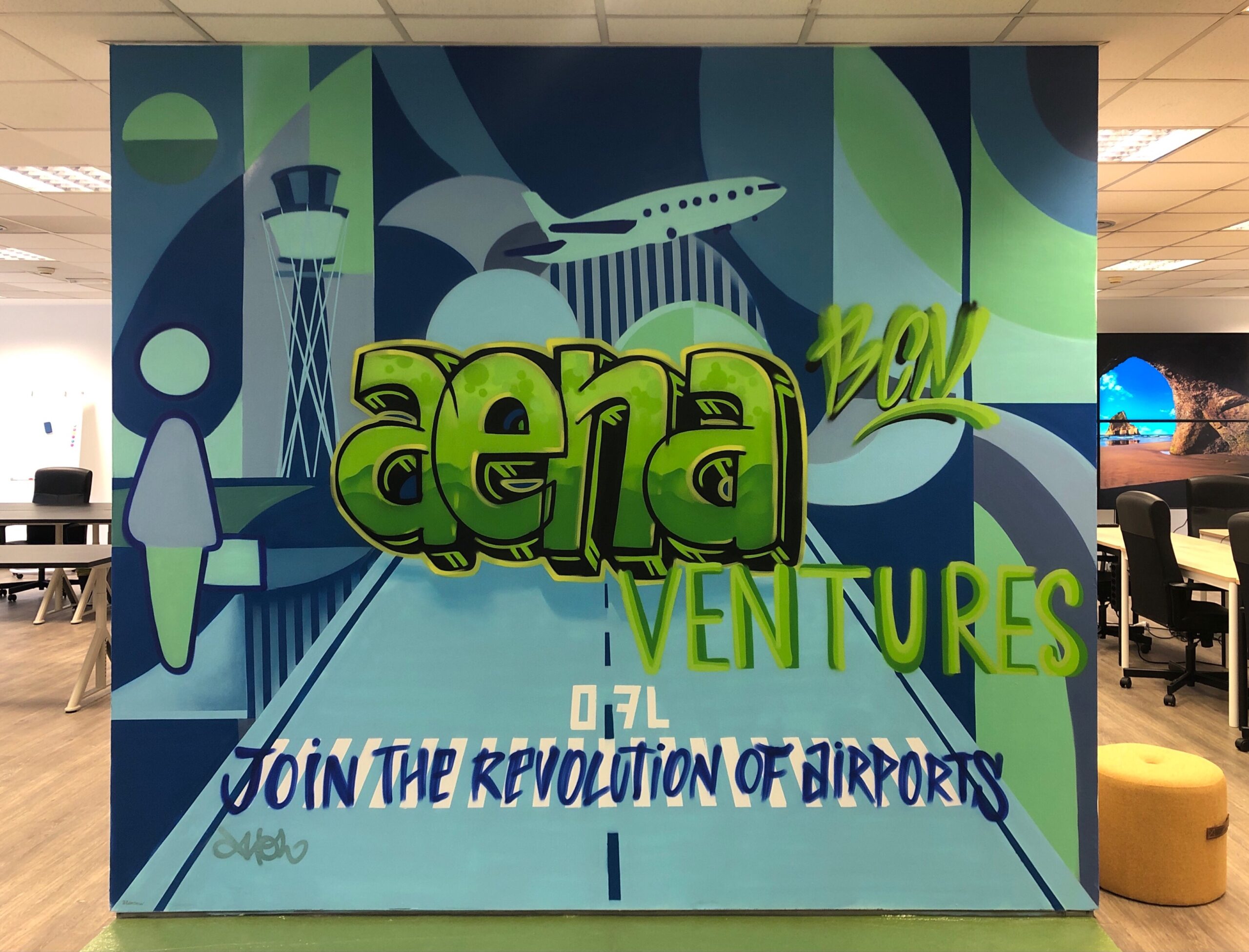
Located 12km southwest of the city centre, Barcelona-El Prat Airport is the main international gateway to the popular tourist region, serving 33m travellers annually, making it the second busiest airport in Spain.
As pandemic restrictions surrounding travel begin to lift, Barcelona-El Prat Airport is preparing to welcome back passengers, with a host of new technology start-ups.
The international tech development programme at the airport aims to promote innovation and technology within the airport to act as solutions for the future as well as the current challenges the airport is facing.
From improving passenger experience to sustainability initiatives, the five companies involved are working on next generation tech ideas to assist the airport now.
Start-up selection
The busy airport’s control tower serves as the headquarters for the start-up accelerator programme, and the five selected companies.
How well do you really know your competitors?
Access the most comprehensive Company Profiles on the market, powered by GlobalData. Save hours of research. Gain competitive edge.

Thank you!
Your download email will arrive shortly
Not ready to buy yet? Download a free sample
We are confident about the unique quality of our Company Profiles. However, we want you to make the most beneficial decision for your business, so we offer a free sample that you can download by submitting the below form
By GlobalDataThe accelerator is scheduled to run until October, which will conclude with the start-up companies showcasing their achievements on the final day of the event called ‘Aena Ventures Demo Day’. The demo day aims to assess the feasibility of the start-up’s applications of their technology at the airport.
Companies from 33 countries submitted projects to take part in the acceleration programme. In total 254 projects were submitted which made the selection process a challenging one for those involved.
Amparo Brea, Aena’s director of innovation, sustainability and customer experience said: “The call was addressed to start-ups from all over the world who are invited to sign up for this first initiative. The programme will address five strategic challenges for Aena: agility in procedures and travel to the airport, passenger experience, passenger communication, sustainability and baggage.
“After an exhaustive selection process, the projects that will be part of our first acceleration program have been chosen, aimed at solving the five challenges posed. One start-up has been chosen for each of these challenges to participate in the acceleration process.”
Each of the start-up companies have received €50,000 (£43,000) in funding to implement their ideas at the airport, while being mentored by industry professionals on site. The acceleration programme aims to find technology – presented by the selected start-ups – which can assist the airports business model, infrastructure and develop systems which improve customer experience.
Brea explained: “Aena promotes innovation and technology and is committed to accelerate start-ups that fit in with its strategic business areas. We want to integrate this reality into our management, collaborating with these types of companies to establish digitisation and innovation actions, among others.”
The famous five
The only start-up from the UK is Airport AI, who delivers AI technology for communication between airports and passengers to enhance connectivity through a multichannel chat solution.

The inclusion of this technology at the airport will bring about many benefits, especially an improved passenger experience. The technology from Airport AI enables passengers to contact the airport around the clock, via a user-friendly interface, allowing them to receive information on flights, bookings and services.
Pierre Cuquemelle, CEO – Airport AI expanded: “Airport AI’s platform brings many advantages to airports such as time saved for customer service teams: more than 85% of passenger questions can be answered automatically, freeing some time for agents to deal with more complex cases.”
“Another advantage is revenue generation: the platform can be used to better understand passengers and send targeted marketing messages at the relevant time of the passenger journey, which increases non-aeronautical revenues.”
Sustainability, a topic high on Aena’s agenda, is being covered by French company Carwatt, who submitted an initiative which sees the conversion of internal combustion vehicles to electricity, to cut harmful gas emissions at airports.
Dubz, a United Arab Emirates company, will handle the baggage portion of the initiative. Its team has developed a solution for streamlining baggage claim, check-in and drop off at the passenger’s home or hotel.
Meep is presenting technology which enables route planning which combines all modes of transport. The Spanish start-up’s tech also includes integrated ticket purchasing and analysis of the least congested routes, allowing passengers to select which journey they would prefer to take.
The technology will bridge the gap between airports and urban areas, allowing passengers to travel to and from the airport at a time which suits them, according to their preferences where multimodal travel is an accessible option.
Meep CEO and co-founder, Guillermo Campoamor, explained: “We believe that our Mobility as a Service (MaaS) solution, a smartphone app, can change the way people go to and from airports, and change the mindset of airport travel which is typically associated with stress. Meep thought about typical travel issues like crowds, delays and cancelations, and focused on the root of the problem.
“Accurate flight information is provided by the airport authority through very specific channels that often require passengers to be in the terminal. This situation doesn’t allow users to better plan their way to the airport and can create unnecessary wait times – which also leads to crowding.
“This can be significantly improved by matching real-time information of flight times with external transport. In doing so, we will guide the user from door to gate.”
Another Spanish company, Chinespain, has also been selected to take part in the initiative. The company will look to promote tourism experiences between China and Spain via the development of an app which will facilitate flexible communication for travellers from China.
Covid-19: a catalyst for change
The Covid-19 pandemic has changed the way in which many industries are now operating when it comes to contactless technology, social distancing guidelines and reduction of crowded spaces. For industries such aviation, the pandemic has also acted as a catalyst for the development of new technology.
Covid-19 has also identified areas within the airport industry which are now being addressed, such as passenger confidence and the importance of communication.
Cuquemelle said: “One of the impacts of the pandemic is that passengers have a lot more questions regarding the airport experience. Airports need to answer these questions and reassure passengers, but with the current budget constraints it’s practically impossible to do this using the same people-intensive customer service processes that were in place before the crisis.
“This is where AI and automation can play a major role and pave the way for a prompt recovery of the industry. Aena clearly identified this challenge, and this is the reason why the decision was taken to invest in new technologies that make existing processes more efficient.”







